Learn about the science behind the circus
Monday, June 6, 2011
Queens, NY--Step right up, ladies and gentlemen, young and old, and learn what it takes to join the circus. With or without a degree from Clown College, the New York Hall of Science is giving its visitors the rare opportunity to witness the bizarre, behind-the-scenes world of the circus, with its "Circus! Science Under The Big Top" exhibit.
“The exhibit explores the science behind the circus,” said Mary Record, the director of communications for the New York Hall of Science. “The balance and skill that is needed and all the physics behind the circus are displayed in a fun, hands-on way.” It is the first time the exhibit, which is produced by the Ontario Science Center, will visit New York. It is free with general museum admission and is open from June 11 through September 4.
Museum visitors can get a workout by walking the high wire, soaring through the air as an acrobat and staying steady on the balance bar. Edifying activities are also available, such as lessons in parlari, the private language of circus folk and animal training seminars, during which visitors will learn the subtle communicational differences exhibited by lions, gorillas and elephants. Included is a lesson on the legendary circus animals – Gargantua the Great and Jumbo the Elephant.
However, it’s not all fun and games. Visitors will also learn to distinguish between the dung of different animals by comparing fake droppings, and those brave enough will find out what is really in a corn dog.
After the training is complete, the show begins. The patrons become the performers, as guests are given an expedited education in the science of being a clown in Clown Alley, and then setout to make their friends, family and unsuspecting strangers laugh. In the costume area, visitors will be allowed to dress up as clowns, strongmen, lions, tigers and bears and entertain the audience. Music lovers can get behind the keyboard and play their favorite circus tunes.
“When we look for new exhibits, we look for things that are fun and that would appeal to our audience,” said Record. “I think everyone when they were a kid wanted to run away and join the Circus, so it appeals to kids and adults alike.”
Regardless of age, this summer at the New York Hall of Science, even the most brilliant scientists will be given the opportunity to behave like clowns.
“The exhibit explores the science behind the circus,” said Mary Record, the director of communications for the New York Hall of Science. “The balance and skill that is needed and all the physics behind the circus are displayed in a fun, hands-on way.” It is the first time the exhibit, which is produced by the Ontario Science Center, will visit New York. It is free with general museum admission and is open from June 11 through September 4.
Museum visitors can get a workout by walking the high wire, soaring through the air as an acrobat and staying steady on the balance bar. Edifying activities are also available, such as lessons in parlari, the private language of circus folk and animal training seminars, during which visitors will learn the subtle communicational differences exhibited by lions, gorillas and elephants. Included is a lesson on the legendary circus animals – Gargantua the Great and Jumbo the Elephant.
However, it’s not all fun and games. Visitors will also learn to distinguish between the dung of different animals by comparing fake droppings, and those brave enough will find out what is really in a corn dog.
After the training is complete, the show begins. The patrons become the performers, as guests are given an expedited education in the science of being a clown in Clown Alley, and then setout to make their friends, family and unsuspecting strangers laugh. In the costume area, visitors will be allowed to dress up as clowns, strongmen, lions, tigers and bears and entertain the audience. Music lovers can get behind the keyboard and play their favorite circus tunes.
“When we look for new exhibits, we look for things that are fun and that would appeal to our audience,” said Record. “I think everyone when they were a kid wanted to run away and join the Circus, so it appeals to kids and adults alike.”
Regardless of age, this summer at the New York Hall of Science, even the most brilliant scientists will be given the opportunity to behave like clowns.




























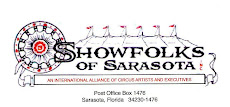

















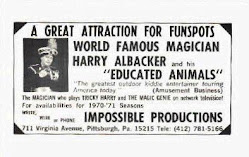

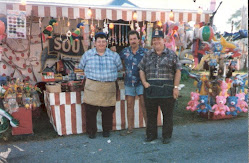




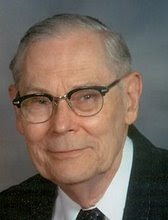
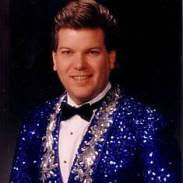


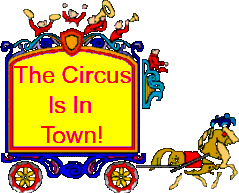


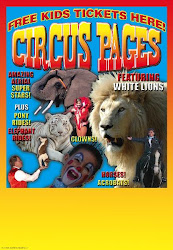

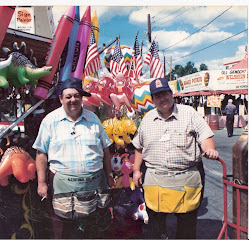
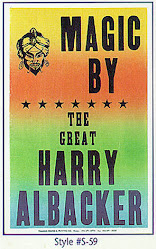















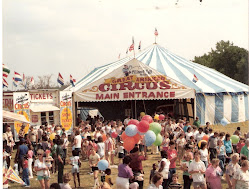









No comments:
Post a Comment